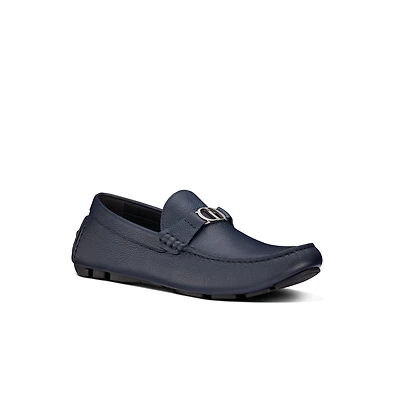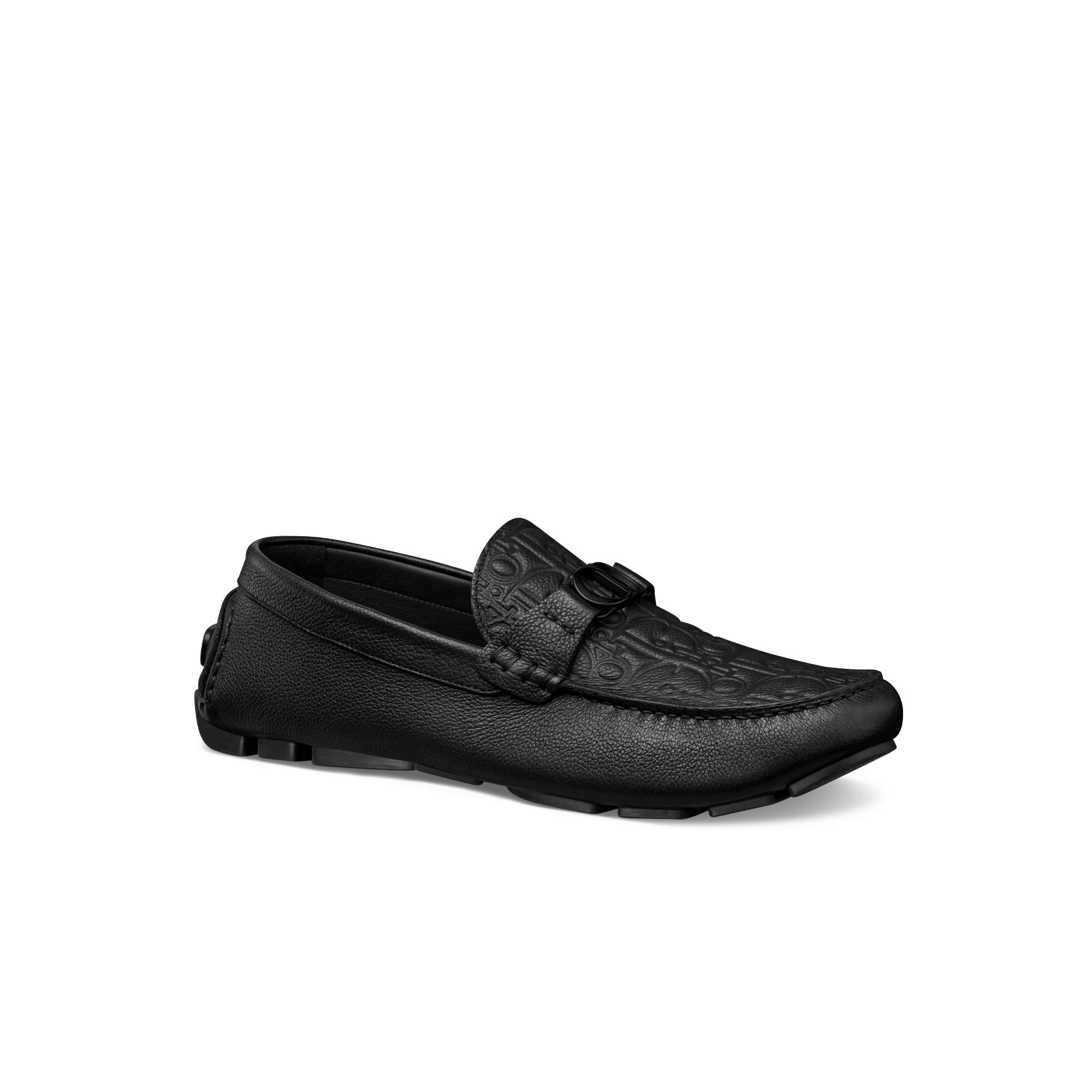Home
Odeon Budokan
Barnes and Noble
Loading Inventory...
Odeon Budokan in Bloomington, MN
Current price: $31.99


Odeon Budokan in Bloomington, MN
Current price: $31.99
Loading Inventory...
Size: OS
Neil Young
's archives are deep and full of hidden corners. On top of a staggeringly storied and influential discography of official studio albums,
Young
's wealth of unreleased live recordings, shelved albums, and scattered miscellaneous recordings includes everything from random curiosities to some of his most powerful performances.
Odeon Budokan
stands out somewhat from even the stronger entries in
's Official Bootleg Series, capturing two distinctive sides of his appeal in peak form. Both halves of
were recorded during a tour in March of 1976. The first five songs find
performing solo on acoustic guitar and piano at a date at London's Hammersmith Odeon, interspersing bigger hits with less expected cuts. The album begins with "The Old Laughing Lady," a beautifully moody tune from
's self-titled 1968 debut. Crowd-pleasing selections like "Old Man" and "After the Goldrush" are broken up by "Too Far Gone" and "Stringman," both songs that were in the process of being recorded for the long-abandoned
Chrome Dreams
album that wouldn't be officially released for years to come.
maintains a hushed, restrained delivery despite a roaring crowd that keeps shouting out requests between songs. The second half of
comes from a show at Tokyo's Nippon Budokan Hall two weeks earlier and is a different beast altogether. With full-band backing from
Crazy Horse
,
turns in especially passionate readings of
Zuma
songs like "Drive Back" and "Don't Cry No Tears," along with a shambling but electrified take on "Cowgirl in the Sand." "Lotta Love" is mellow in its bittersweetness, and the album closes with a loose, nearly drunken sounding "Cortez the Killer." More so than some of the other bootleg-like releases from
's archival expeditions,
exemplifies how the mid-'70s was a time when he was operating at full force in several directions at once. As both a writer of gentle, humanity-affirming songs and as the leader of a reckless rock band,
finds
at the top of his game. ~ Fred Thomas
's archives are deep and full of hidden corners. On top of a staggeringly storied and influential discography of official studio albums,
Young
's wealth of unreleased live recordings, shelved albums, and scattered miscellaneous recordings includes everything from random curiosities to some of his most powerful performances.
Odeon Budokan
stands out somewhat from even the stronger entries in
's Official Bootleg Series, capturing two distinctive sides of his appeal in peak form. Both halves of
were recorded during a tour in March of 1976. The first five songs find
performing solo on acoustic guitar and piano at a date at London's Hammersmith Odeon, interspersing bigger hits with less expected cuts. The album begins with "The Old Laughing Lady," a beautifully moody tune from
's self-titled 1968 debut. Crowd-pleasing selections like "Old Man" and "After the Goldrush" are broken up by "Too Far Gone" and "Stringman," both songs that were in the process of being recorded for the long-abandoned
Chrome Dreams
album that wouldn't be officially released for years to come.
maintains a hushed, restrained delivery despite a roaring crowd that keeps shouting out requests between songs. The second half of
comes from a show at Tokyo's Nippon Budokan Hall two weeks earlier and is a different beast altogether. With full-band backing from
Crazy Horse
,
turns in especially passionate readings of
Zuma
songs like "Drive Back" and "Don't Cry No Tears," along with a shambling but electrified take on "Cowgirl in the Sand." "Lotta Love" is mellow in its bittersweetness, and the album closes with a loose, nearly drunken sounding "Cortez the Killer." More so than some of the other bootleg-like releases from
's archival expeditions,
exemplifies how the mid-'70s was a time when he was operating at full force in several directions at once. As both a writer of gentle, humanity-affirming songs and as the leader of a reckless rock band,
finds
at the top of his game. ~ Fred Thomas
Neil Young
's archives are deep and full of hidden corners. On top of a staggeringly storied and influential discography of official studio albums,
Young
's wealth of unreleased live recordings, shelved albums, and scattered miscellaneous recordings includes everything from random curiosities to some of his most powerful performances.
Odeon Budokan
stands out somewhat from even the stronger entries in
's Official Bootleg Series, capturing two distinctive sides of his appeal in peak form. Both halves of
were recorded during a tour in March of 1976. The first five songs find
performing solo on acoustic guitar and piano at a date at London's Hammersmith Odeon, interspersing bigger hits with less expected cuts. The album begins with "The Old Laughing Lady," a beautifully moody tune from
's self-titled 1968 debut. Crowd-pleasing selections like "Old Man" and "After the Goldrush" are broken up by "Too Far Gone" and "Stringman," both songs that were in the process of being recorded for the long-abandoned
Chrome Dreams
album that wouldn't be officially released for years to come.
maintains a hushed, restrained delivery despite a roaring crowd that keeps shouting out requests between songs. The second half of
comes from a show at Tokyo's Nippon Budokan Hall two weeks earlier and is a different beast altogether. With full-band backing from
Crazy Horse
,
turns in especially passionate readings of
Zuma
songs like "Drive Back" and "Don't Cry No Tears," along with a shambling but electrified take on "Cowgirl in the Sand." "Lotta Love" is mellow in its bittersweetness, and the album closes with a loose, nearly drunken sounding "Cortez the Killer." More so than some of the other bootleg-like releases from
's archival expeditions,
exemplifies how the mid-'70s was a time when he was operating at full force in several directions at once. As both a writer of gentle, humanity-affirming songs and as the leader of a reckless rock band,
finds
at the top of his game. ~ Fred Thomas
's archives are deep and full of hidden corners. On top of a staggeringly storied and influential discography of official studio albums,
Young
's wealth of unreleased live recordings, shelved albums, and scattered miscellaneous recordings includes everything from random curiosities to some of his most powerful performances.
Odeon Budokan
stands out somewhat from even the stronger entries in
's Official Bootleg Series, capturing two distinctive sides of his appeal in peak form. Both halves of
were recorded during a tour in March of 1976. The first five songs find
performing solo on acoustic guitar and piano at a date at London's Hammersmith Odeon, interspersing bigger hits with less expected cuts. The album begins with "The Old Laughing Lady," a beautifully moody tune from
's self-titled 1968 debut. Crowd-pleasing selections like "Old Man" and "After the Goldrush" are broken up by "Too Far Gone" and "Stringman," both songs that were in the process of being recorded for the long-abandoned
Chrome Dreams
album that wouldn't be officially released for years to come.
maintains a hushed, restrained delivery despite a roaring crowd that keeps shouting out requests between songs. The second half of
comes from a show at Tokyo's Nippon Budokan Hall two weeks earlier and is a different beast altogether. With full-band backing from
Crazy Horse
,
turns in especially passionate readings of
Zuma
songs like "Drive Back" and "Don't Cry No Tears," along with a shambling but electrified take on "Cowgirl in the Sand." "Lotta Love" is mellow in its bittersweetness, and the album closes with a loose, nearly drunken sounding "Cortez the Killer." More so than some of the other bootleg-like releases from
's archival expeditions,
exemplifies how the mid-'70s was a time when he was operating at full force in several directions at once. As both a writer of gentle, humanity-affirming songs and as the leader of a reckless rock band,
finds
at the top of his game. ~ Fred Thomas



![At Budokan [Complete Concert]](https://prodimage.images-bn.com/pimages/8719262001343_p0_v1_s600x595.jpg)






![Hammersmith Odeon, London '75 [LP]](https://prodimage.images-bn.com/pimages/0889854415518_p0_v1_s600x595.jpg)






